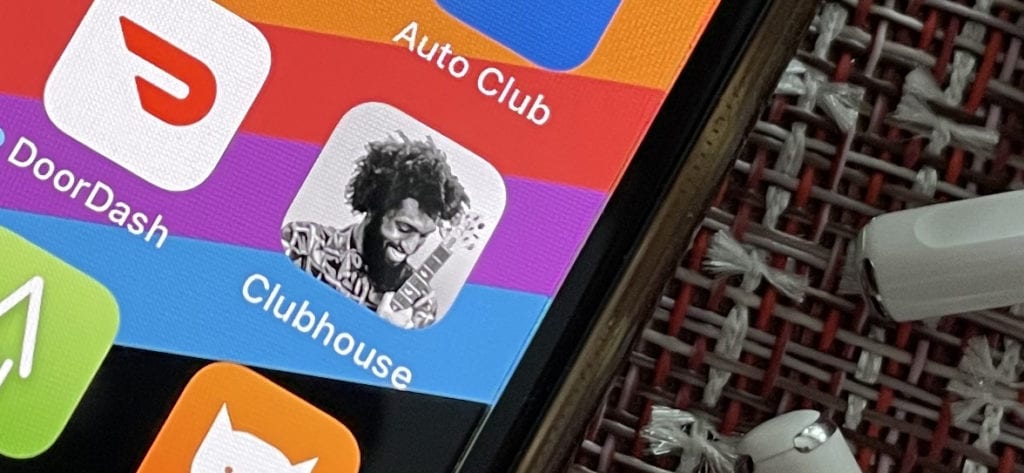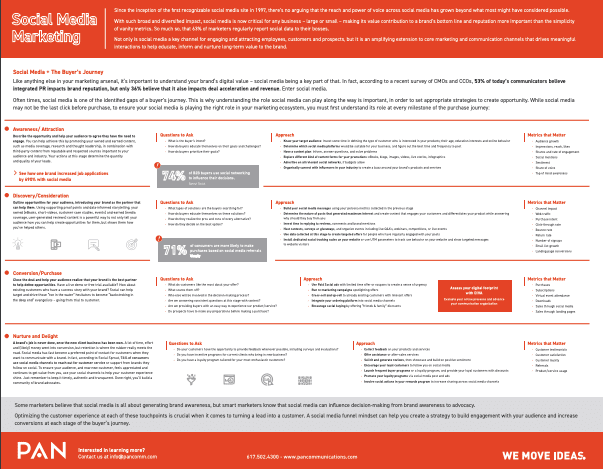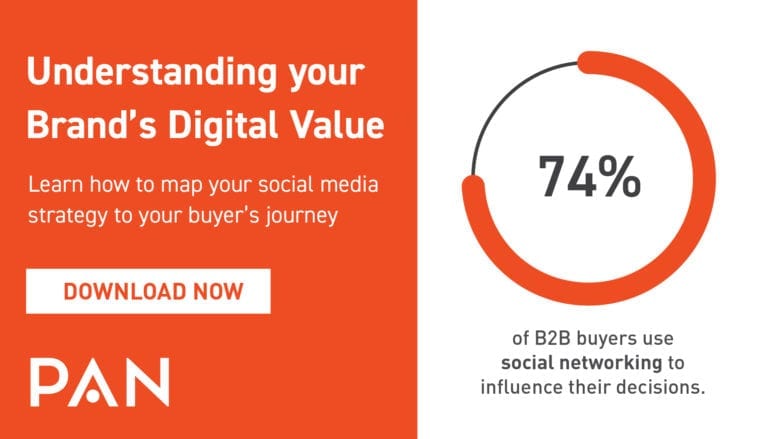TikTok defined social media in 2020. Debuting as a dance app for teenagers, it grew into a genuine challenger (at least in terms of people’s screen time) to the likes of Instagram, Snapchat and Twitter across the world. Its concept is simple, but there is undoubtedly skill involved in producing even the simplest of videos.
So far, Clubhouse – a new, iOS-only, invite-only app, now being used by the likes of Elon Musk and Mark Zuckerberg – is defining the start to 2021. And it could not be simpler. People are labelling it as an interactive, audio-only mix of Twitter, YouTube and podcasts, where like-minded people can gather to discuss topics of their choosing in a “room” – with hundreds, or 500,000 in the case of Musk’s talk in late January, of people listening in.
“Rooms” can host conversations between half a million people, with guests able to join and “leave quietly” as they please. Discussions can range from broad topics such as tech, politics, sports and food to “dating advice for single people who can’t find the one” (yes, really)!
In a period of time where social interaction has been stolen from the large majority of the human population, we have reached out to technology to keep us going. However, we also live in a time where we are more dependent on technology than ever before. You can’t meet friends and family, so you text or call them. You can’t go to watch a concert, a play or a sporting event in person, so you watch them on TV. It’s this that makes Clubhouse refreshing. Unlike TikTok, you don’t have to sit and watch the videos or scroll through the app. Like a podcast, you can join in, lock your phone and continue with your day without adding to the ever-growing screen time. It’s social media without the need to stare at a screen – the first of its kind.

Is it time to join the club?
For our industry, there can be a multitude of benefits. In both the UK and USA, several journalists have become early adopters of the platforms, with several tech-related talks taking place regularly; around fintech, financial services, insurtech and more. Any topic you attended a webinar on in 2020 is something you can now attend a Clubhouse talk on – with the added opportunity to interact, possibly on a slightly more casual level too, with some of our key journalistic targets.
Secondly, brands. It’s yet to be seen how brands will choose to leverage the platform – because the audio-only element makes the app more personable. A social media manager can’t maintain anonymity, at least of their voice, on Clubhouse like Facebook, Instagram, Twitter and even TikTok. This is arguably the element we should be most intrigued by; is it a platform that the majority brands will simply choose to sit out? Or will they utilize Clubhouse for executive thought leadership opportunities that require a more personal, trusted voice?
“Brands themselves won’t join for the sake of joining, without the platform providing any added value to their offering. How will this affect Clubhouse’s offering and its value to investors and potential buyers?”
Brands themselves won’t join for the sake of joining, without the platform providing any added value to their offering. How will this affect Clubhouse’s offering and its value to investors and potential buyers? The lack of brands will likely see a lack of social media influencers, which raises questions around monetization.
Ready to integrate social media into your buyer’s journey? Click to expand the framework below.
The Business Model
The key solution being discussed around Clubhouse’s revenue stream, especially once the initial hype settles, is a subscription model. And the key here will be to assess the added value for the average person, who may be an avid listener but not an active contributor. Will a, for example, $3-per-month subscription add value to their learning and entertainment experience compared to podcasts they can listen to and articles they can read?
Perhaps there are still more questions than answers at this stage. However, for an app of Clubhouse’s infancy to reach the heights it already has is commendable – Musk and Zuckerberg are investors and members for a reason. If the co-founders of the app can solve the issue of making the app more inclusive than just iOS users, and also monetization, they stand to significantly exceed the $1 billion valuation that has currently been placed on their product.
Finally, Twitter has begun testing its own version of Clubhouse, dubbed “Spaces,” in certain regions throughout the world. This in itself can be seen as a win for Clubhouse – that it has raised enough attention that one of the Big Tech firms has sat up, taken notice and looked to beat Clubhouse at its own game. Whether it’ll succeed like Instagram Stories did vs Snapchat, or go down like a lead balloon in the way Instagram’s “Reels” feature or Twitter’s own “Fleets” seem to have, is a battle to watch closely in the coming weeks and months.
The Communications Opportunity
While Clubhouse may not see instant uptake from brands, key business leaders and influencers could well establish their voice, literally, on the platform. It’s also poised to offer opportunity to brands of varying sizes – from early-stage companies looking for a platform to build awareness to more established brands that may be looking for an avenue to reach new audiences. Will the size and reputation of a company impact the way it approaches the platform? Perhaps that will be something to unpack later on.
“While Clubhouse may not see instant uptake from brands, key business leaders and influencers could well establish their voice, literally, on the platform.”
On the influencer side, someone of Musk’s ilk has no real need to market himself. His product is world-famous, but his social media presence drives his personal brand. This, in turn, drives social causes and, in the case of dogecoin, an entire currency. Listening to Musk, or any other key speaker, will become a weekly or monthly habit for Clubhouse users, and not tuning in will lead to FOMO (fear of missing out).
And this is where leaders and marketers can capitalize most, more so at a time where we’re missing out on what should be our normal lives. We miss the interaction, the laughter and the normality of sitting in a room or standing around at a party and just conversing with other people. You’d struggle to find a business leader who doesn’t want to establish their voice as the key thought leader in their field, and Clubhouse provides a simple, convenient and popular platform on which to do so – compared to writing an article or arranging a time to appear on a podcast. It’s quick, easy and free (for now) for all involved – and these key themes could well see Clubhouse join the Big Tech elite in the near future.





